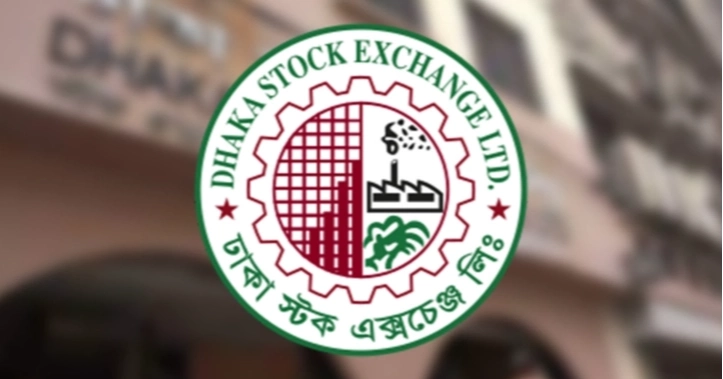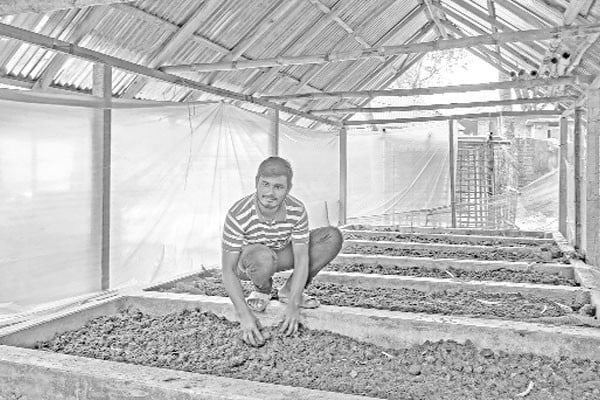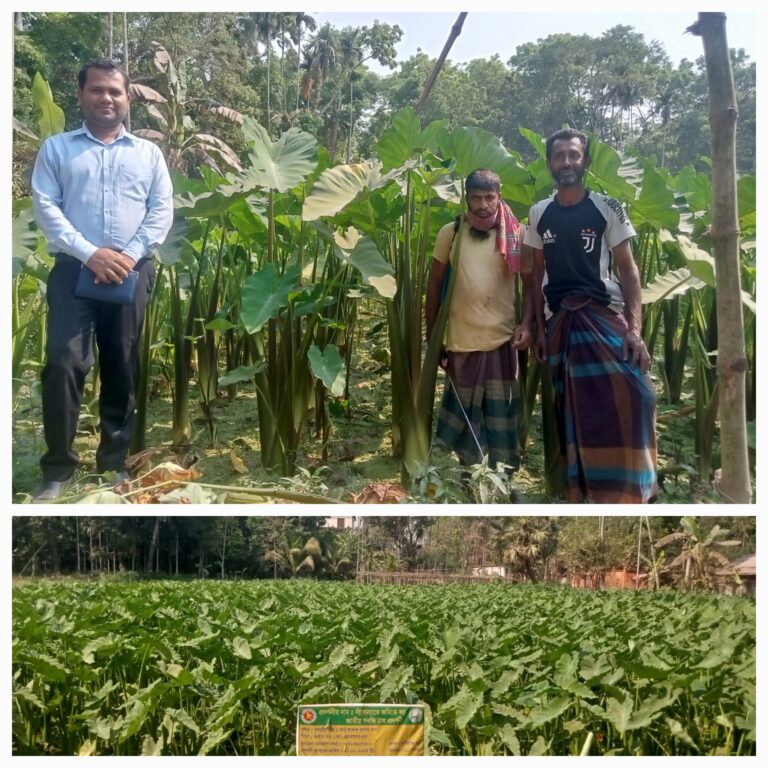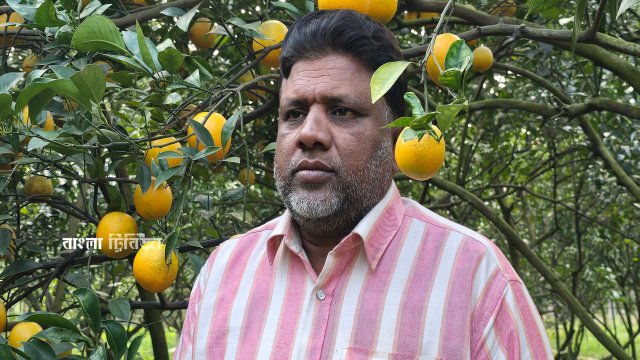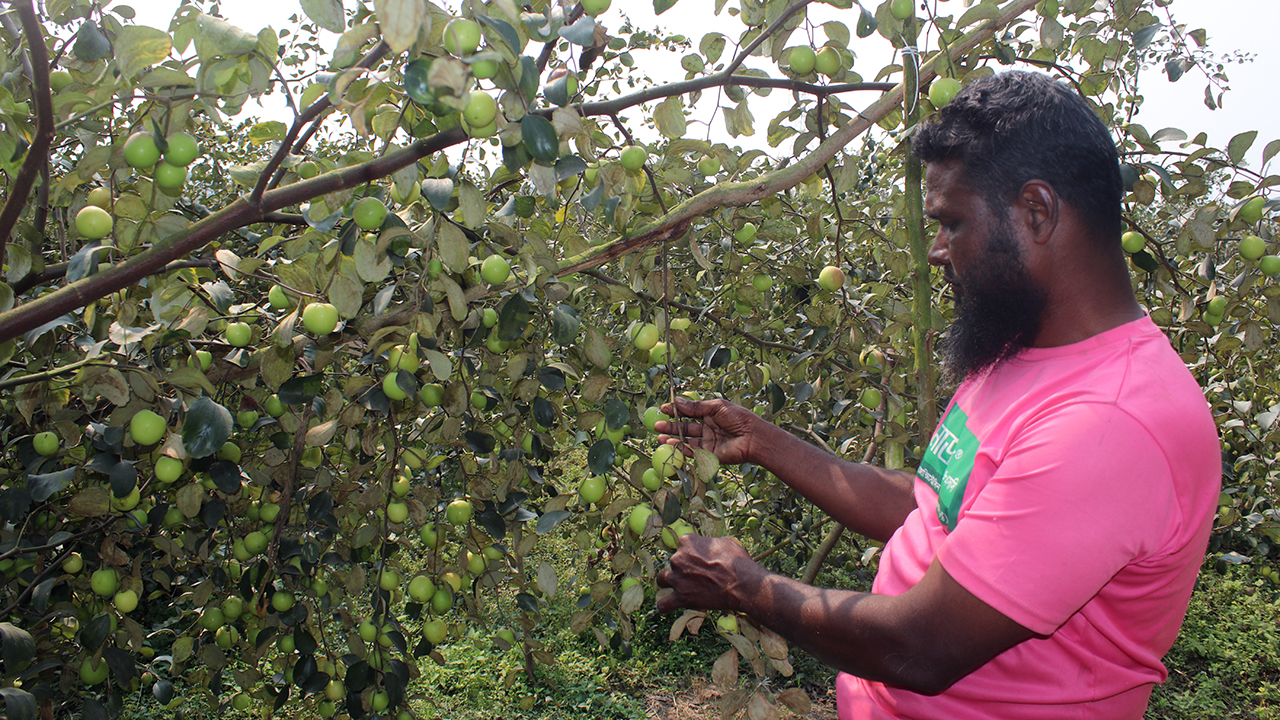Despite regulatory efforts to bolster investor confidence through stakeholder meetings, the pessimistic sentiment has persisted, causing a broader market sell-off.
Despite the overall market decline, trading activity rose modestly, with weekly turnover climbing by 6.5 percent to Tk 338 crore from Tk 318 crore in the previous week.
Investors showed the most interest in the banking sector, which accounted for 22.7 percent of total turnover, followed by pharmaceuticals (16 percent) and food (11.2 percent). All sectors, however, closed in the red, with the paper sector suffering the largest loss of 11.9 percent.
Concerns over large-cap stocks intensified as prominent companies, including Square Pharmaceuticals, Grameenphone, BRAC Bank, British American Tobacco, National Bank, Robi, and Olympic Industries, collectively contributed to a 56-point reduction in the index, according to EBL Securities.
This week, the DSE witnessed Tk 123 billion wiped out from its market capitalisation, which now stands at Tk 6,568 billion. Over the past five weeks, the market capitalisation has contracted by Tk 365 billion, raising concerns about the stability of the stock market in the coming months.
The blue-chip DS30 index – comprising 30 of the most prominent companies – also lost 51 points to settle at 1,879, while the DSES index, which represents Shariah-compliant stocks, fell 30 points to close at 1,144.
Dhaka Stock Exchange sees mixed early trading
Expert Views and Economic Challenges
Professor Abu Ahmed of Dhaka University highlighted broader economic challenges, noting that the country’s economic trajectory has been compromised over time.
“After the recent political developments, reform activities are in motion, which is essential for sector stability. The government is actively working towards implementing policies that will foster sustainable business and economic activities, which should ultimately lead to a market recovery,” said Ahmed, who also serves as Chairman of the Investment Corporation of Bangladesh (ICB).
Dr M Masrur Reaz, former senior economist at the World Bank, added that the market’s recent performance also reflects a shortage of quality stocks.
“The lack of strong stocks, coupled with instability across sectors like money and financial markets, has dented investor trust,” Reaz explained, adding, “Once these issues are addressed, investor confidence can be restored.”
As the DSE continues to navigate these economic and policy headwinds, stakeholders remain hopeful that sustained policy reforms and economic stabilisation efforts will help rebuild market confidence.



